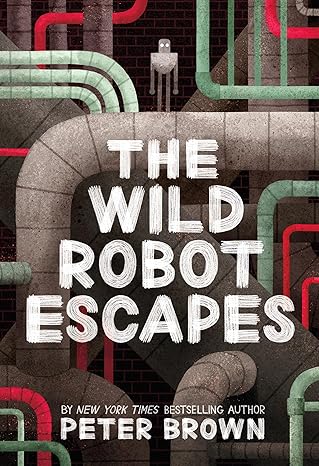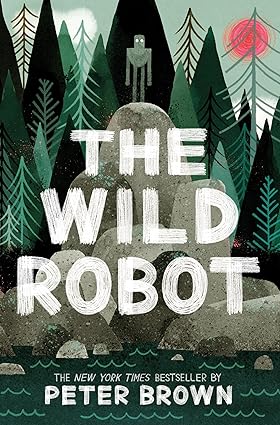
The Dawn of Everything: A New History of Humanity
A dramatically new understanding of human history, challenging our most fundamental assumptions about social evolution―from the development of agriculture and cities to the origins of the state, democracy, and inequality―and revealing new possibilities for human emancipation.
For generations, our remote ancestors have been cast as primitive and childlike―either free and equal innocents, or thuggish and warlike. Civilization, we are told, could be achieved only by sacrificing those original freedoms or, alternatively, by taming our baser instincts. David Graeber and David Wengrow show how such theories first emerged in the eighteenth century as a conservative reaction to powerful critiques of European society posed by Indigenous observers and intellectuals. Revisiting this encounter has startling implications for how we make sense of human history today, including the origins of farming, property, cities, democracy, slavery, and civilization itself.
Drawing on pathbreaking research in archaeology and anthropology, the authors show how history becomes a far more interesting place once we learn to throw off our conceptual shackles and perceive what’s really there. If humans did not spend 95 percent of their evolutionary past in tiny bands of hunter-gatherers, what were they doing all that time? If agriculture, and cities, did not mean a plunge into hierarchy and domination, then what kinds of social and economic organization did they lead to? The answers are often unexpected, and suggest that the course of human history may be less set in stone, and more full of playful, hopeful possibilities, than we tend to assume.
The Dawn of Everything fundamentally transforms our understanding of the human past and offers a path toward imagining new forms of freedom, new ways of organizing society. This is a monumental book of formidable intellectual range, animated by curiosity, moral vision, and a faith in the power of direct action.
Submit your review | |
A lengthy, interesting and well-researched exploration of the overlooked dynamism and diversity of our social, economic and political solutions to survival. It spans the period of our distant prehistory to around 1000 years ago and touches, to varying degrees, on socio-cultural forms on every continent. The anthropological and archaeological gloss is revealing and underscores the sheer variability in forms of human cooperation, coercion and corruption.
This is my new favorite book. Just a paragraph herein started a half hour long discussion between me and my wife on the implications of the statements. It's thought provoking and well researched. It adds breadth and depth to a topic usually either treated as two-dimensional and bland.
This is exciting and amazing. If my history classes ever taught this, I would have paid attention. Much more than a series of thoughts, more a criticism of how we think in terms of history and our relationship to the people therein.
In short: I love this book.
Other Books From - History
About the author

David Graeber
David Rolfe Graeber (/ˈɡreɪbər/; born 12 February 1961) is a London-based anthropologist and anarchist activist, perhaps best known for his 2011 volume Debt: The First 5000 Years. He is Professor of Anthropology at the London School of Economics. As an...
Read More
David Wengrow
David Wengrow is Professor of Comparative Archaeology at the Institute of Archaeology, University College London (UCL) and has been a visiting professor at New York University. He is co-author of the New York Times bestseller The Dawn of Everything: A...
Read MoreBack

 Hillbilly Elegy: A Memoir of a Family and Culture in Crisis
Hillbilly Elegy: A Memoir of a Family and Culture in Crisis  Man’s Search for Meaning
Man’s Search for Meaning  Melania
Melania  The Wild Robot Protects
The Wild Robot Protects  The Wild Robot Escapes
The Wild Robot Escapes  The Wild Robot
The Wild Robot